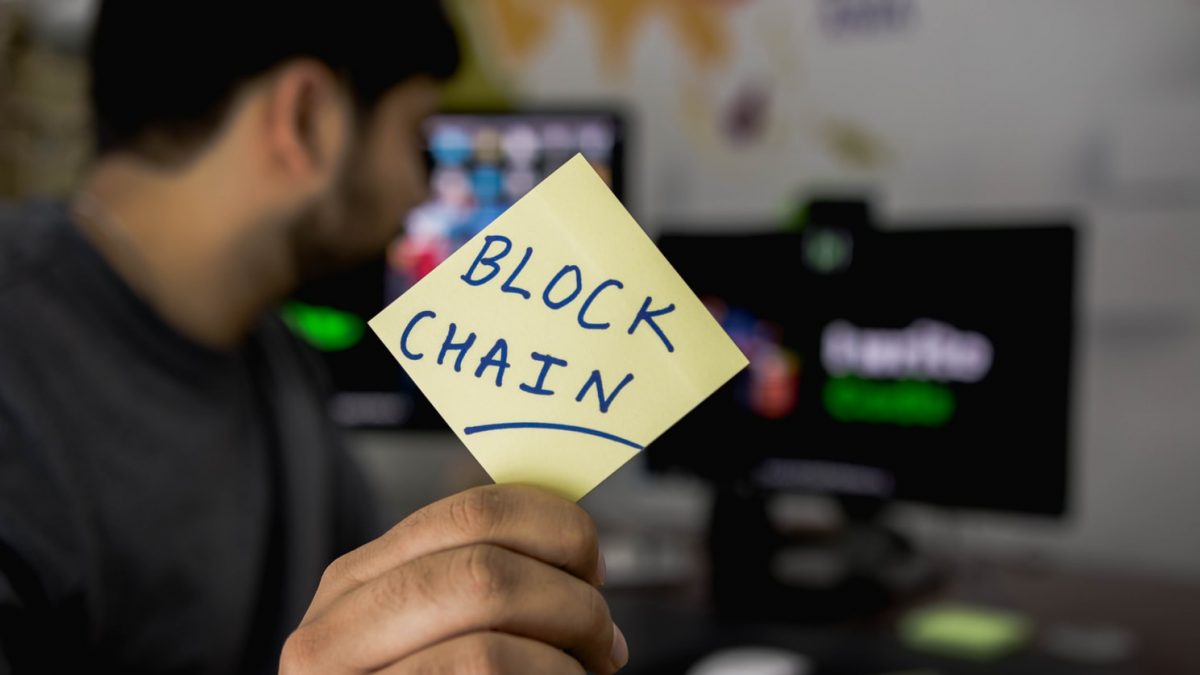It was a different story just a few years ago, but at this point, there are few people who haven’t at least heard of blockchain technology.
Which is not to say that many people are fully aware of what it actually is, or how it can be used. It’s a fair guess that a large number of people would associate it solely with bitcoin, or perhaps cryptocurrencies and the wider world of fintech.
But in the coming months and years, it will become increasingly clear that blockchain technology brings extensive possibilities, across a range of fields. It’s already causing a stir, and significant spending, in the art world, and it will bring about changes in both the healthcare and education industries.
What is blockchain?
In case you’re not sure, blockchain technology is a kind of ledger system. It’s decentralized, meaning all the data is distributed across multiple nodes. It’s immutable, meaning that data is locked in and permanent. And it’s trustless, meaning you’re not relying on anyone to verify your transactions, you can interact with others directly and securely.
Additionally, second generation blockchain technologies such as Ethereum brought in smart contracts. These are, basically, programs stored on the blockchain that execute when certain conditions are met, allowing for the automation of agreements, and creating a guarantee for all parties that outcomes will occur as agreed.
What, then, can all this do for education?
Record Keeping
The approach to education nowadays is not as it used to be. People may take all manner of courses, in various places, picking up multiple skills and qualifications.
It would make sense, in this case, to have all your educational data available whenever you need it, in your own personal record. You want to be able to get your hands on it at any time, without having to go round all the institutions you’ve ever interacted with. And of course, you want it to be secure and accurate.
Well, blockchain solves all of this.
Utilizing blockchain technology, a streamlined process can be created, in which all your information is under your control, external to educational facilities themselves, and can be accessed without needing to apply or pay for administrative assistance. And your records will all be trustworthy, verified, and permanent.
And it works for instructors, too. Whether you’re an online language tutor, or a music teacher, or a university professor, a record of your credentials can all be there, for you to access and utilize to your advantage.
Gamification
Blockchain is closely associated with tokenization, and tokens can be used as currencies and assets, and means of exchange and reward. What we might see this used for in education is to create some degree of gamification while studying.
Micro-rewards are simultaneously satisfying, motivational, and a good means of tracking one’s progress. As in games, where rewards are more often than not integral to the play structure, so it can be in academia.
Tokens can be distributed and earned, and incorporated into learning and progress dynamics in whatever creative ways course planners might come up with, adding incentives and a new angle to the learning experience.
Tokens could also be used as functioning currencies, and have real value of their own.
Gamification happens all the time in the ways we interact on social media, often without us really noticing, and the psychology of the process is, of course, not something that only came along with blockchain.
Play as a means of making progress has always existed in education, too, as any teacher who knows how to make lessons fun and rewarding can tell you.
And from such playfulness, can come meaningful, tangible achievements.
Positive disruption
Call it disruption, call it innovation or a shake up, call it whatever you prefer, the point is this: blockchain brings a new way of doing things.
What this results in, is difficult to predict, but that’s the point. When the future is opened up, and new technologies experimented with, we don’t yet know where they will lead. But if we remain open-minded, then the opportunities are there.
Blockchain is strongly associated with decentralization, personal autonomy, and seamlessness. A strong likelihood is that the changes to education brought about by blockchain will move in these directions.
Borderless universities, operating anywhere and everywhere? Sounds plausible.
Students able to mix-and-match courses, in order to tailor-make an education that fulfills their professional requirements? Also likely.
Educators and learners easily matching up directly? That’s the way things are already moving.
What blockchain will likely bring, is flexibility, and that’s precisely in line with our current social ethos.
Lower costs
One more thing, and it’s a simple but crucial one, is that blockchain can work to lower costs.
It minimizes the need for centralized authorities and administrators. The ledger is there, to be accessed independently. Smart contracts allow for increased automation.
Blockchain brings efficiency and elegance, and lightens the load. Adoption in education, as elsewhere, is set to enable considerable improvements to the industry.

